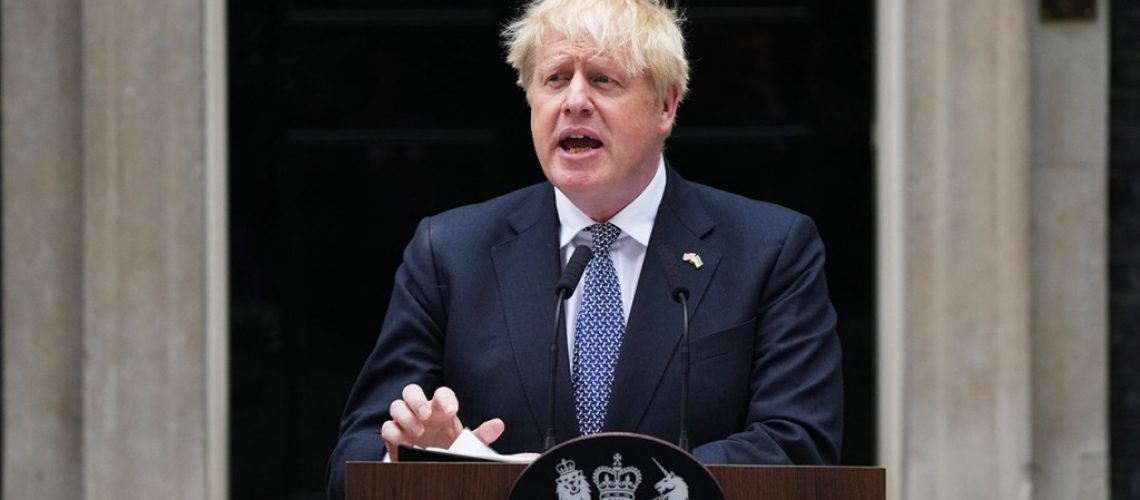LONDON — As the Prime Minister who steered the United Kingdom’s exit from the European Union, Boris Johnson had a profound impact on the country’s music industry — for better or worse.
Notably, his government has ratcheted up pressure on stakeholders to find ways to more fairly compensate artists in the streaming economy.
Now that the Conservative Party leader has resigned, British music executives will be anxiously weighing what the turmoil of the past 48 hours at Downing Street means for them.
Whoever succeeds Johnson as prime minister — the timetable for a leadership contest will be announced next week — it will mean a cabinet reshuffle and the likely departure of culture secretary Nadine Dorries, who as Secretary of State for Digital, Culture, Media and Sport oversaw the government department most prominently looking into the issue of fair payment for artists from streaming.
A nine-month probe of the streaming music business by the Parliament’s Digital, Media, Culture and Sport (DCMS) Committee wrapped up last July, concluding that the global streaming model led by Spotify, Apple Music, YouTube and Amazon Music was “unsustainable” in its current form.
Since then, Johnson’s government has initiated a number of working groups with industry stake holders exploring issues raised by the DCMS committee and has refused to rule out legislating change if the industry can’t work together to find its own solutions. Those working groups are expected to continue despite the political turmoil engulfing Westminster — although the large number of government and ministerial resignations that have taken place since Tuesday could significantly slow down progress.
Among the more than 50 ministers and aides who resigned in opposition to Johnson were Chris Philp, minister for Tech and the Digital Economy; Julia Lopez, minister for media, data and digital infrastructure; and George Freeman, Minister for Science, Research and Innovation.
In December, Freeman told MPs in the House of Commons that Johnson’s government wanted to ensure “a fair streaming environment in which the U.K. music industry can thrive and artists are properly rewarded.” His exit could potentially change the direction of government intervention in the record business, although much of the actual groundwork is carried out by civil servants.
A 12-month review of the streaming business by U.K. competition regulator The Competition and Markets Authority (CMA), looking at concerns related to the major labels’ dominance of the industry, is unaffected by recent events, as the CMA is an independent non-ministerial government department. It’s expected to publish its interim findings this month.
When it comes to Brexit — Johnson’s biggest political legacy — music and touring executives will be hoping for a smoother ride under his successor.
Since the U.K. left the European Union in January 2020, U.K. acts have needed to acquire a vast number of visas and work permits to tour in Europe (and vice versa for European acts wanting to play the U.K.). And new cabotage regulations have restricted the number of stops U.K. truck drivers could make in EU countries.
Touring executives and trade groups have worked closely with government ministers to fix many of those issues, although some difficulties around European touring remain, along with a large increase in red tape and business costs as a result of Brexit.
Johnson’s exit as prime minister won’t lead to a reversal of Brexit, but it could lead to a more “constructive” and “respectful” relationship between Britain and the EU, says Michel Barnier, former chief Brexit negotiator for the European Commission.




